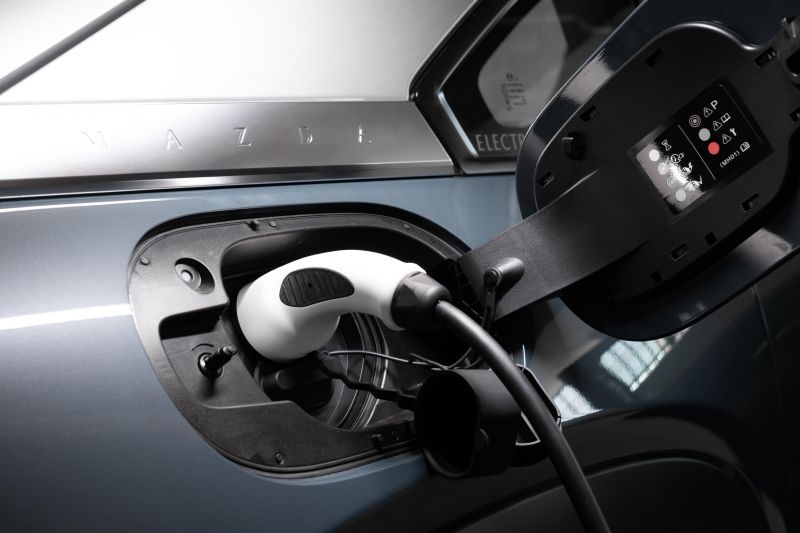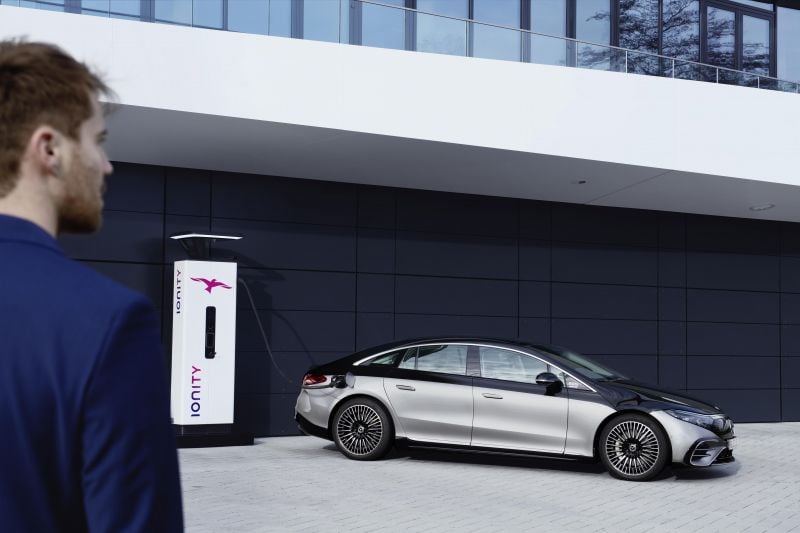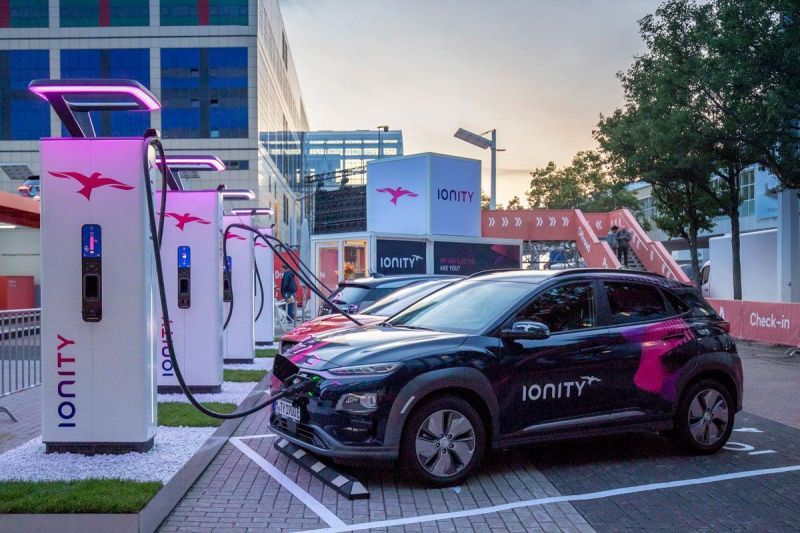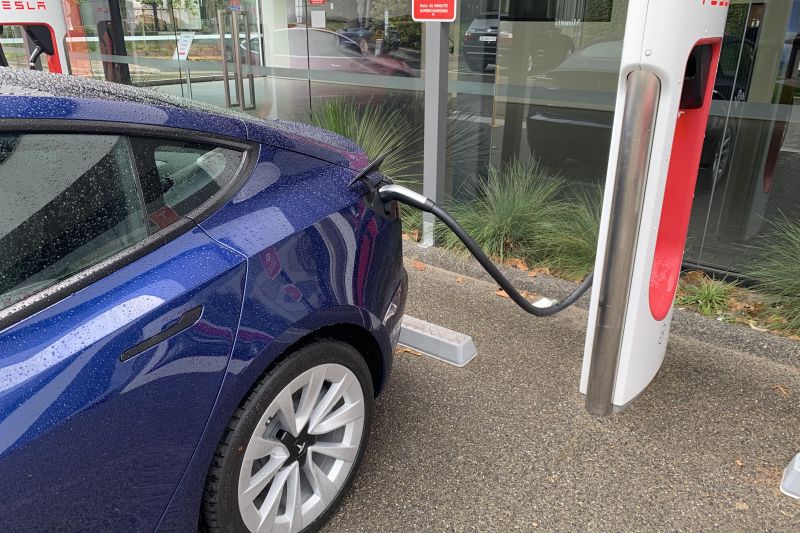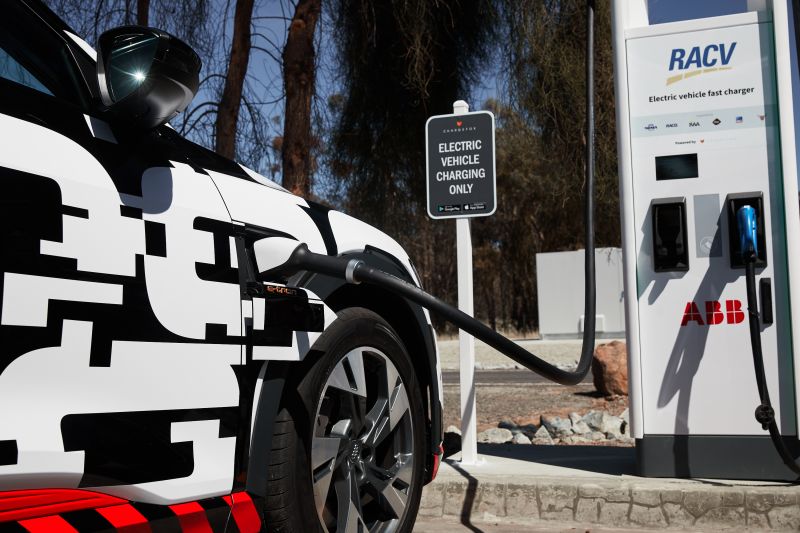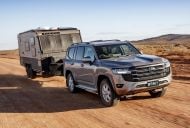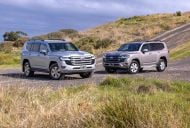Electric car buyers in the Northern Territory (NT) will be offered free registration and reduced stamp duty, as part of a plan to encourage electric uptake.
The new EV Implementation Plan includes plug-in hybrids and pure-electric vehicles, but not Toyota-style hybrids.
According to the Territory government, regular hybrids don’t represent “a significant shift from conventional vehicles and don’t have the potential to operate as zero-emission vehicles”.
The stamp duty reduction will be $1500 on new and used electric cars up to $50,000 – effectively killing it entirely.
The free registration and reduced stamp duty come into force in the middle of 2022.
The plan will also see the Northern Territory government add 20 electric cars to its fleet each year, as it walks the path to having 200 EVs on its fleet by 2030.
The NT EV Implementation Plan comes on the back of a 2019 research paper.
78 per cent of respondents to the NT EV Discussion Paper Survey said they would consider buying an electric car in the next five years, and 82 per cent said the government should have a goal for its own fleet.
Respondents to the survey identified a lack of public charging infrastructure and range anxiety as two of the biggest hurdles to electric vehicle adoption.
The biggest, however, was the price of new electric cars.
The Territory Government acknowledges electric vehicles won’t work for some Territorians, but argues even current EVs can handle the 36km most residents drive each day.
“The range of BEVs currently available in Australia (around 300 km) is more than
sufficient for average daily trips,” the government says.
“By investing in EV charging infrastructure and supporting EV uptake now, the Northern Territory Government can ensure that the Northern Territory is prepared for the transition to EVs and is well placed to harness the potential
benefits which EVs can provide.”
The Northern Territory’s move to incentivise electric vehicle buyers follows New South Wales, Victoria, and South Australia.
In New South Wales, stamp duty will be waived from September 1 2021 for all EV and fuel-cell cars that cost less than $78,000.
There will also be $3000 rebates paid to private buyers of zero-emission vehicles under $68,750 in NSW from September 1, 2021.
New South Wales will spend $171 million on charging infrastructure. This includes $131 million for new ultra-fast chargers delivered by the private sector, $20 million in grants for destination chargers to assist regional tourism, and $20 million for charging infrastructure at public transport hubs.
Victoria’s strategy is to give with one hand, and to take with the other. It recently passed a Road Tax for electric and plug-in hybrid vehicles.
Owners of pure-electric vehicles will pay 2.5 cents per kilometre, with this charge applicable for any hydrogen fuel-cell vehicles.
Owners of plug-in hybrid electric vehicles (PHEVs) will pay 2.0 cents per kilometre.
At first, an electric vehicle owner who travels 15,000km per year will be charged $375 on top of their annual registration fee, while plug-in hybrid owners will pay an extra $300 per year.
After copping criticism for putting forward the road tax, Victoria’s Labor Government announced a $100 million package to cut emissions by 2030 and push for 50 per cent of its new car sales to be electric or hydrogen by that date.
The headline item in the package is the $3000 subsidy for new electric vehicle purchases, which applies to any electric vehicles priced below $69,000.
Victoria’s fleet of government vehicles will also be gradually made electric, with $10 million set aside to buy 400 zero-emissions cars by 2023.





